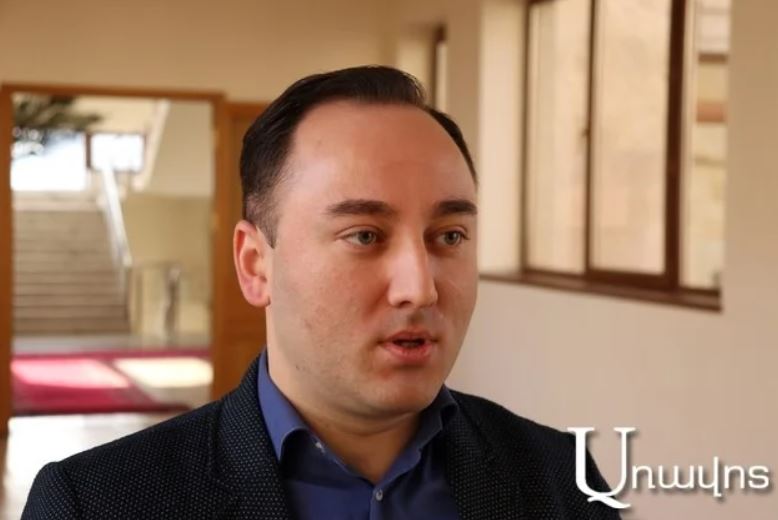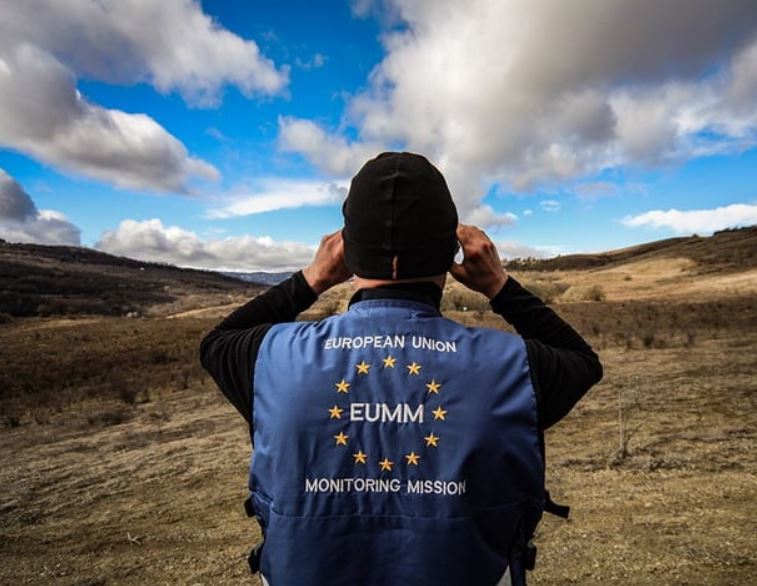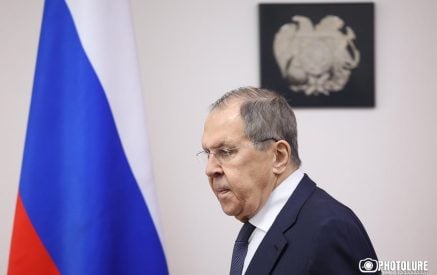“Finally, in 2008, when that monitoring mission entered Georgia, they joined for a few months, but to this day, they exist and are financed by the EU’s annual budget.
This and Artsakh issues, if the processes do not lead to war in the future, but diplomacy gets a chance, why not try to bring it into the internationalization of the methods? The hybrid mechanism should be parallel to the peacekeeping mission of Russia. There should be European observers only in the RA territory. , on the Armenian-Azerbaijani border, and regarding Artsakh, to Aravot. am’s question: what GEORGIA failed, could Armenia succeed? Political scientist Johnny Melikyan, the Analytical Center for Strategic Research and Initiatives co-founder, expressed this opinion.
To clarify, do you consider the possibility of placing European observers in Artsakh realistic? He answered: “It is theoretically possible, but I wouldn’t say that the chances of achieving it are high because if RA could unilaterally give permission and deploy European observers on its territory, then in the case of Artsakh, Azerbaijan’s readiness is also needed.”

Johnny Melikyan
He stated that Azerbaijan disagreed with the Russians being there and wanted to get them out a day ago; he noted: “It is hard to imagine that something like this will happen there. But we should also work in that direction. The international situation must be changing soon. In the case of good work, the chances will increase in the background of some geopolitical changes, and it will become possible.
Read also
Against today’s Ukrainian crisis, it is complicated for me to imagine drastic steps by our regional states or foreign players. No one is ready to take serious steps in this region, except for the countries here and, without hiding their interest, are a factor in this region.”
We reminded Johnny Melikyan of ANC Vice President Levon Zurabyan’s claims that “Georgia has long wanted, wanted, applied, and even received the NATO Membership Agreement in 2008. And the West doesn’t accept; they don’t send weapons or come with any forces. If they don’t exist in the case of Georgia, why should they exist in the case of Armenia?”
Johnny Melikyan answered our observation that even if Georgia failed, why should we grow? “Georgia and Armenia have almost the same basis of NATO cooperation. We are on the same level. Yes, they have a Georgia-NATO package adopted at the 2014 summit, which provides ample opportunities to create a structure; there is a lot of equipment in terms of military exercises. Still, with the cooperation that began in the 1990s, Georgia has not progressed further to NATO membership. Progress has been made in relations with the EU because we have our Armenia-EU Comprehensive and Enhanced Partnership Agreement, an association agreement with an economic component, and deep and comprehensive trade. Different political assessments are being made in RA, but the question of changing the foreign political vector is not forming.
Just understanding the geopolitical processes, which have become even tenser in the background of the Russian-Ukrainian war, and having the level of relations with the Russian Federation that exists today is essential to maintain parallel cooperation with other structures on other platforms. One is consistent with the other because, at this stage, we are a member country of the CSTO, the Eurasian Union. There is no official announcement of withdrawal from the CSTO, and there is no EAEU announcement, so in this background, everything that we gain from participating in structures and what we might lose by leaving them. Calculations should also be made on the possibilities concerning the change in the geopolitical vector and the alternatives there are.
There are a lot of speculations because it is clear that these are complex processes today. Still, the experience of Georgia shows that here only the willingness of the state to join is low. Territorial disputes, the level of development of the state, and the level of development of the army are essential indicators in the case of NATO, which give are an opportunity to join, participate, and make some reforms in some structures or during membership”.
Tatev HARUTYUNYAN























































